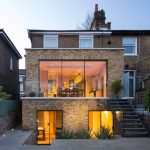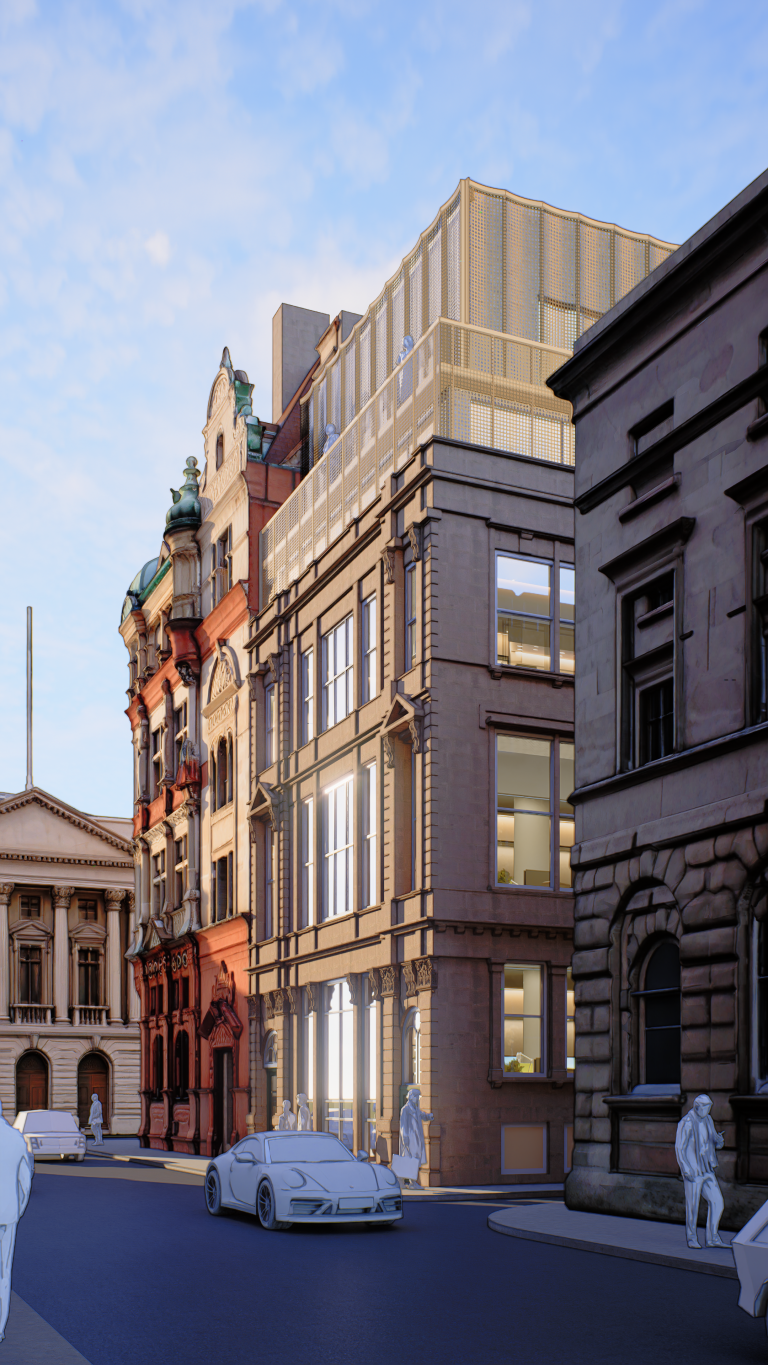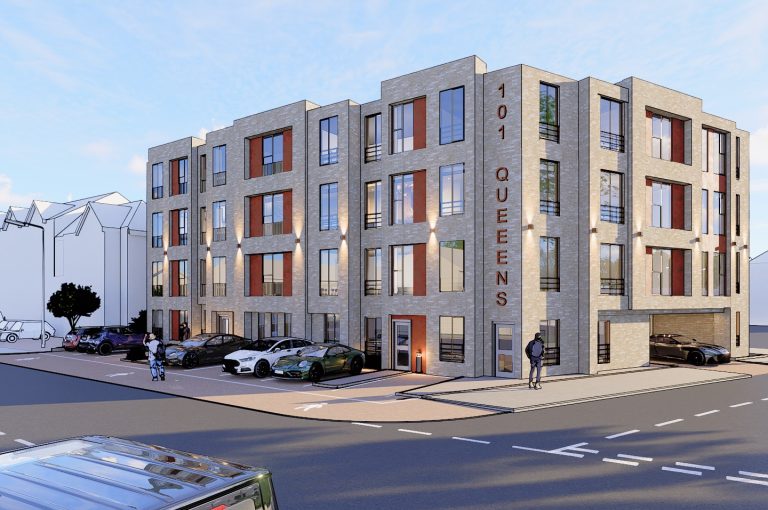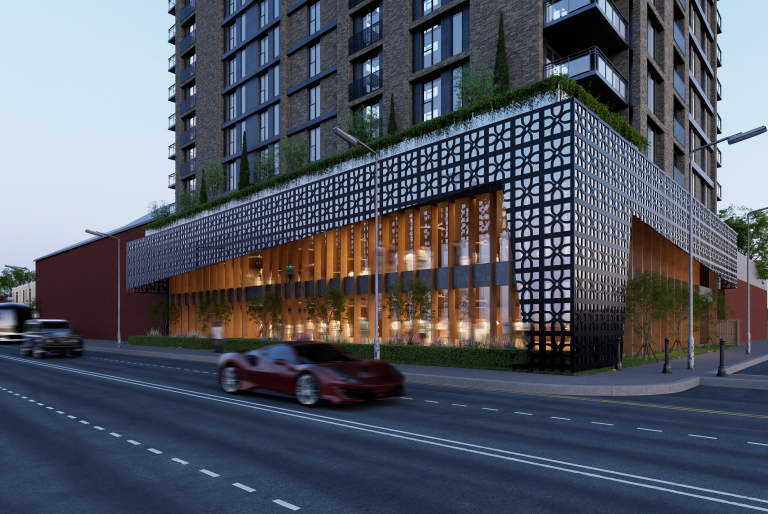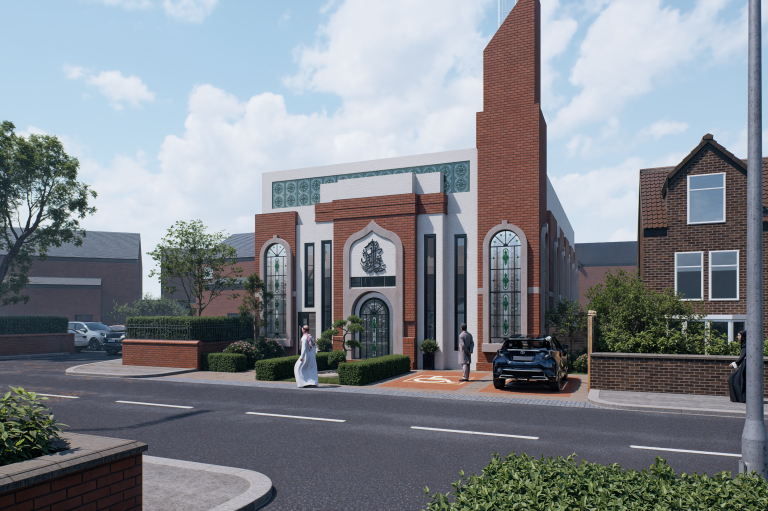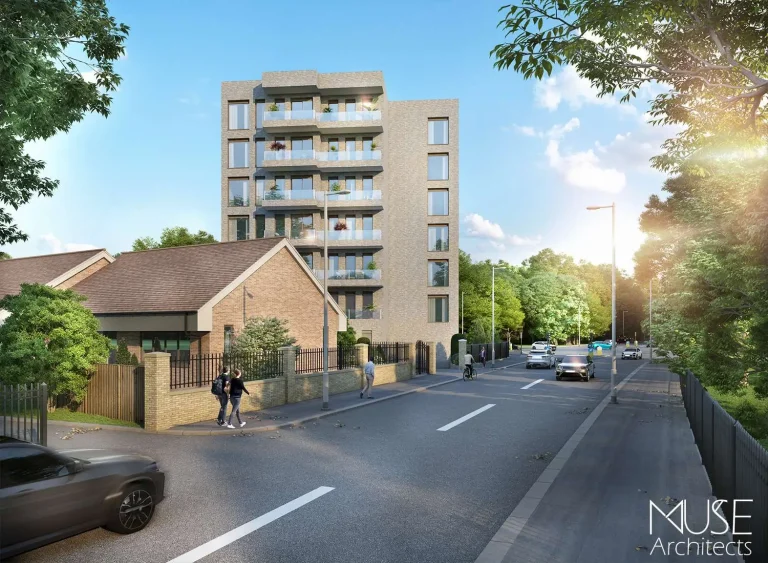Understanding Planning Permission Making changes to a property can be a lot of work. Before starting any development, it’s essential to determine if you need planning permission. The process of applying for planning permission can be intimidating, so it’s important to understand the key aspects before you apply. What is Planning Permission? Planning permission is the approval from your local authority for any significant structural changes to your building. While major changes require a planning application, minor developments, such as loft conversions or conservatories, are often considered permitted development and may not need planning permission. How to Obtain a Planning Permit Many people ask how to get planning permission to build a house. While the process may be time-consuming, it is worth the wait. You can choose to apply through your local authority or online via the Planning Portal. The first step is to contact your local planning department for advice. After receiving guidance, you can apply online, submitting all required documents and fees. The local authority will validate your application, after which a planning officer will make a decision and contact you if any documents are missing. Costs of Planning Permission The fees for planning applications vary depending on the nature of the development. You can calculate the specific costs using the government’s Planning Portal. Planning Conditions If your application is granted, pay attention to the planning conditions outlined in the approval letter. These conditions, set by the planning authority, must be adhered to during construction. To discharge these conditions, you will need to apply formally and receive confirmation; failing to do so will invalidate your approval. Application Format A planning application typically includes the following: Five copies of the application forms A signed ownership certificate A site plan A block plan Elevations of existing and proposed sites A Design and Access statement The application fee You can withdraw your application at any time before a decision is made and reapply free of charge. Timeline for Planning Permission Once validated, the local authority will provide a target date for the decision, which usually takes 8 to 12 weeks. Validity of Planning Permission A planning application remains valid for three years from the decision date. If construction has not started within this period, you will need to reapply. What If Planning Permission is Refused? If your application is refused, the first step is to understand the reasons for the refusal. You can then either reapply or appeal to the planning inspectors while addressing the issues raised. Risks of Not Having Planning Permission If you proceed with building without planning permission, the local authority has the right to demolish or alter the structure you have built, regardless of the time and money spent. It is far better to be safe than sorry. Who Can Apply for Planning Permission? You can apply for planning permission if you have the necessary documents. However, hiring a planning consultant can save you time and effort, as they are well-versed in the latest planning rules. Muse Architects Muse Architects cover all of the North West, including Cheshire, Greater Manchester, Liverpool, and surrounding areas. Let us support you with your project; schedule a free consultation call today!
Understanding Planning Permission
Making changes to a property can be a lot of work. Before starting any development, it’s essential to determine if you need planning permission. The process of applying for planning permission can be intimidating, so it’s important to understand the key aspects before you apply.
What is Planning Permission?
Planning permission is the approval from your local authority for any significant structural changes to your building. While major changes require a planning application, minor developments, such as loft conversions or conservatories, are often considered permitted development and may not need planning permission.
How to Obtain a Planning Permit
Many people ask how to get planning permission to build a house. While the process may be time-consuming, it is worth the wait. You can choose to apply through your local authority or online via the Planning Portal. The first step is to contact your local planning department for advice. After receiving guidance, you can apply online, submitting all required documents and fees. The local authority will validate your application, after which a planning officer will make a decision and contact you if any documents are missing.
Costs of Planning Permission
The fees for planning applications vary depending on the nature of the development. You can calculate the specific costs using the government’s Planning Portal.
Planning Conditions
If your application is granted, pay attention to the planning conditions outlined in the approval letter. These conditions, set by the planning authority, must be adhered to during construction. To discharge these conditions, you will need to apply formally and receive confirmation; failing to do so will invalidate your approval.
Application Format
A planning application typically includes the following:
- Five copies of the application forms
- A signed ownership certificate
- A site plan
- A block plan
- Elevations of existing and proposed sites
- A Design and Access statement
- The application fee
You can withdraw your application at any time before a decision is made and reapply free of charge.
Timeline for Planning Permission
Once validated, the local authority will provide a target date for the decision, which usually takes 8 to 12 weeks.
Validity of Planning Permission
A planning application remains valid for three years from the decision date. If construction has not started within this period, you will need to reapply.
What If Planning Permission is Refused?
If your application is refused, the first step is to understand the reasons for the refusal. You can then either reapply or appeal to the planning inspectors while addressing the issues raised.
Risks of Not Having Planning Permission
If you proceed with building without planning permission, the local authority has the right to demolish or alter the structure you have built, regardless of the time and money spent. It is far better to be safe than sorry.
Who Can Apply for Planning Permission?
You can apply for planning permission if you have the necessary documents. However, hiring a planning consultant can save you time and effort, as they are well-versed in the latest planning rules.
Muse Architects
Muse Architects cover all of the North West, including Cheshire, Greater Manchester, Liverpool, and surrounding areas. Let us support you with your project; schedule a free consultation call today!



